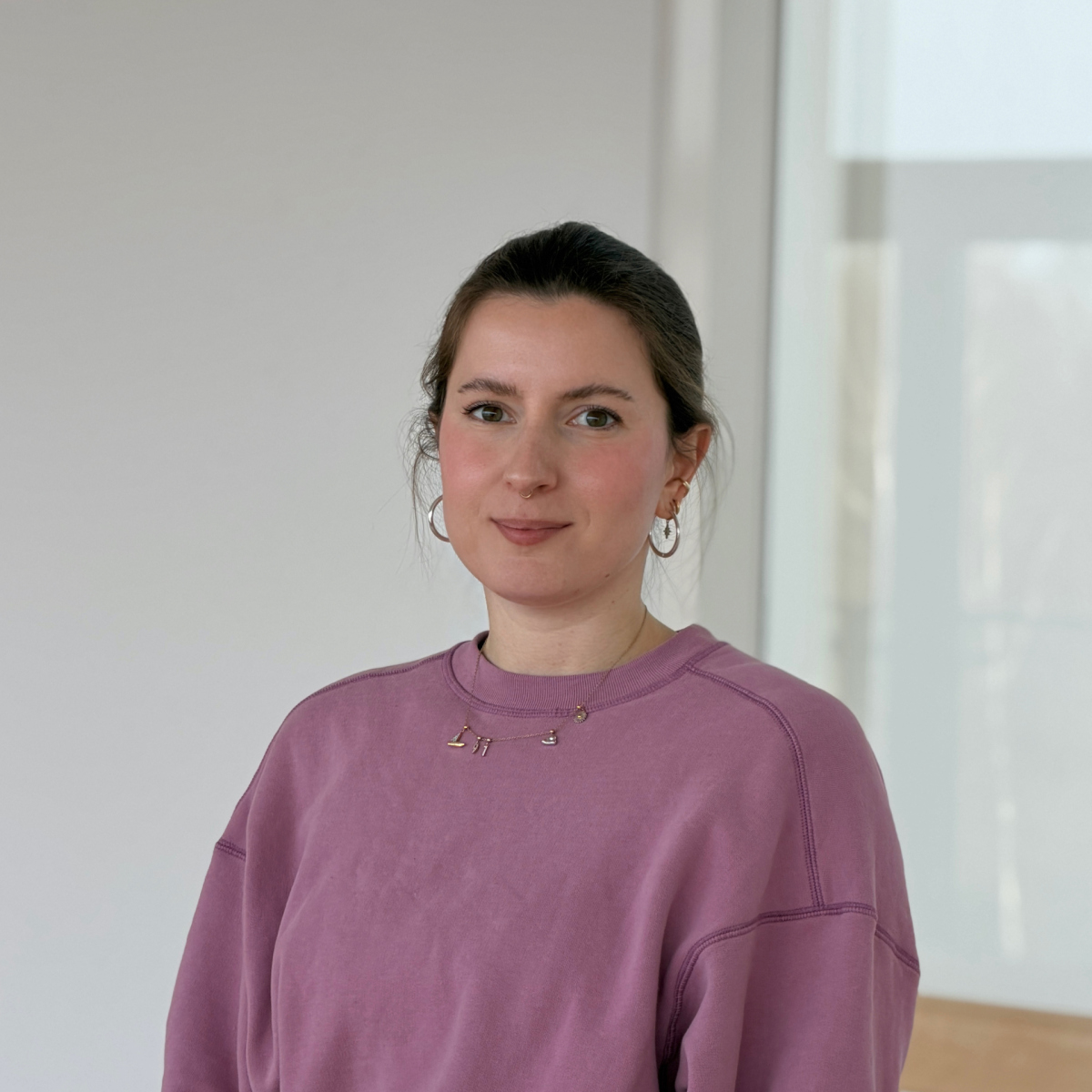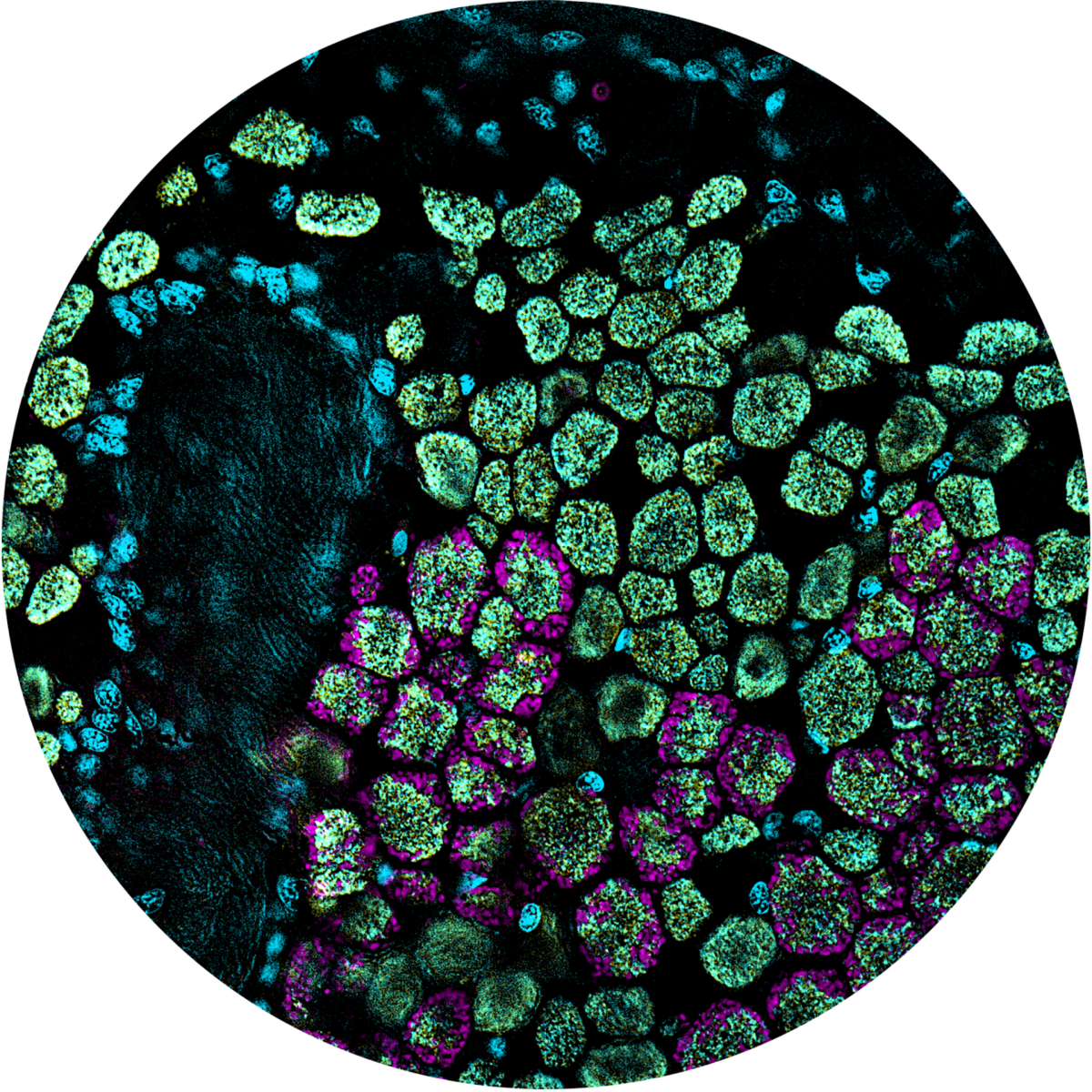- Departments
- Department of Symbiosis
- Rebekka Janke
Rebekka Janke
Scientist
MPI for Marine Microbiology
Celsiusstr. 1
D-28359 Bremen
Germany
|
Room: |
2247 |
|
Phone: |

Research Topic

Building a home – Understanding host cytoskeleton changes of bacteriocytes in Bathymodiolus mussels
Bathymodiolus mussels thrive in the harsh conditions of the deep sea due to their bacterial partners. These chemosynthetic symbionts generate energy by sulfur-oxidation (SOX) or methane-oxidation (MOX) to fix carbon. Some Bathymodiolus mussels harbor either both types of symbionts and some others only one of them in bacteriocytes of their gill tissues. Additionally, the symbionts can be found in different locations in the bacteriocytes, sometimes inducing rearrangements of the host cytoskeleton. I aim to use microscopy and omics techniques to understand the factors involved in symbiont entry and cytoskeleton rearrangements.
Peer reviewed Publications
2023
Ganesan R, Janke RS, Kaltenpoth M, Flórez LV. Colonization dynamics of a defensive insect ectosymbiont. Biology Letters. 2023 May 10;19(5):20230100.
2022
Janke RS, Kaftan F, Niehs SP, Scherlach K, Rodrigues A, Svatoš A, Hertweck C, Kaltenpoth M, Flórez LV. Bacterial ectosymbionts in cuticular organs chemically protect a beetle during molting stages. The ISME Journal. 2022 Dec;16(12):2691-701.
doi: 10.1038/s41396-022-01311-x
Janke RS, Moog S, Weiss B, Kaltenpoth M, Flórez LV. Morphological adaptation for ectosymbiont maintenance and transmission during metamorphosis in Lagria beetles. Frontiers in Physiology. 2022:1722.